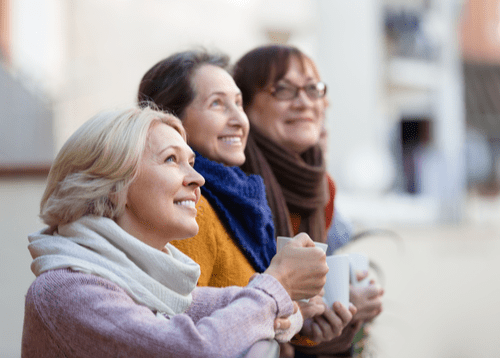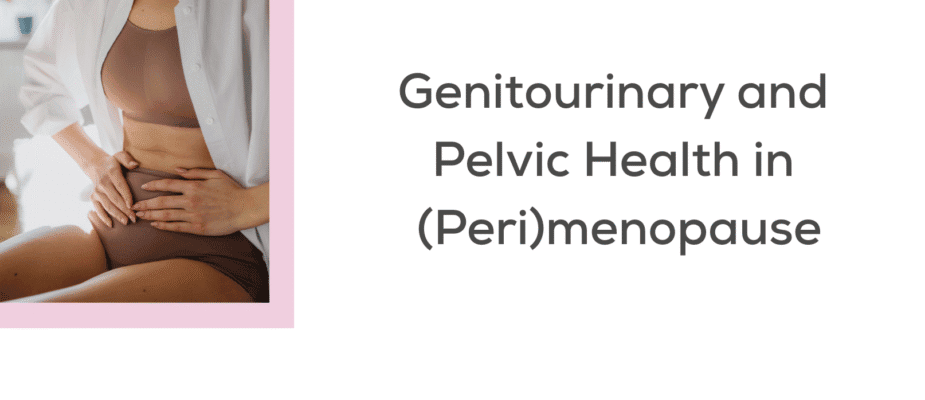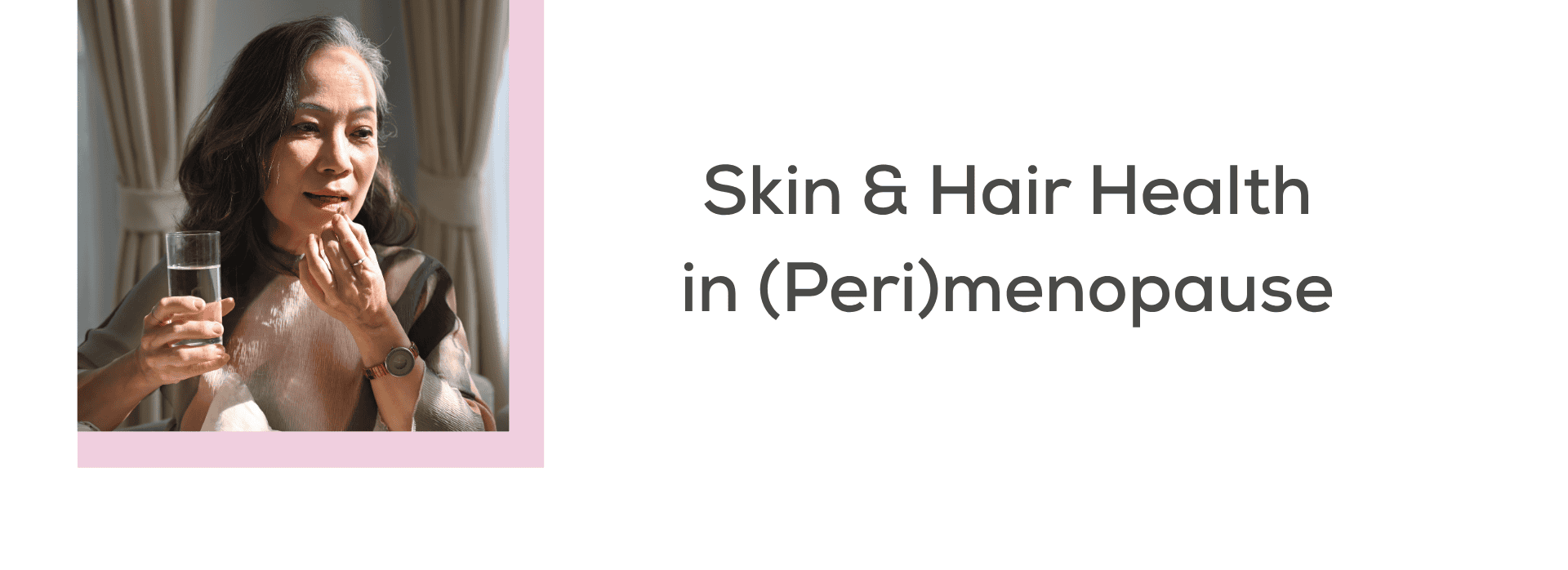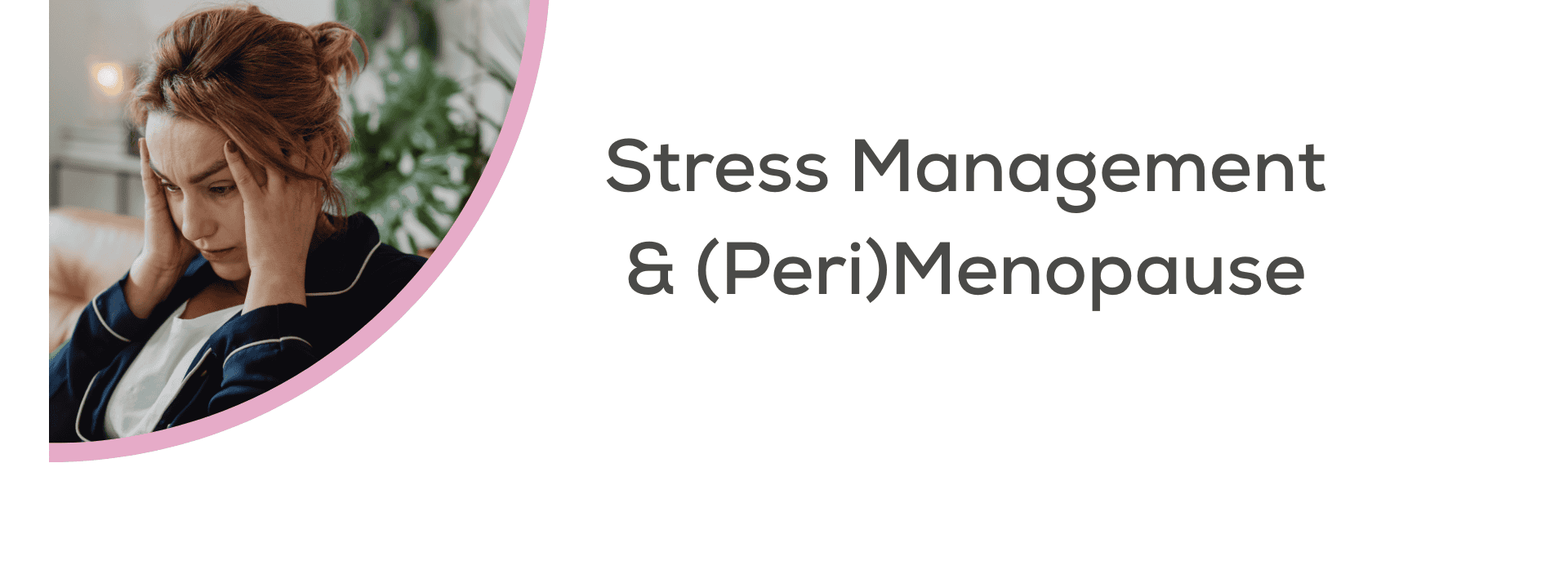By Vera Martins, PhD, ND, MAMH
Naturopath and Herbalist
The population’s physical and mental health has featured heavily in the news in recent months so I have put together a ‘Health & Happiness Toolkit’ to help you optimise your health as we move into the summer and autumn months. In my first blog, we cover the facts surrounding COVID-19 and how you can maintain your health as the lockdown eases and we start to reintegrate with society.
Here, I share what I believe you need to know about the virus as well as my top tips to protect yourself and your loved ones. Supporting the immune function and keeping a healthy lifestyle during these times are key! And, although those measures may not necessarily prevent infection, they can certainly affect how your body may respond to infection, possibly minimising symptoms and speeding up recovery.
COVID-19 – THE FACTS
Before starting, let’s have a closer look at some important facts about coronavirus.
How does infection and spreading happen?
The virus uses a protein outside your lung cells, called ACE2 (or angiotensin converting enzyme 2), in order to enter the lungs and infect the respiratory tract, and can then be expelled and spread to others by coughing or sneezing. This virus has a long incubation time (the time between catching the virus and beginning to have symptoms of the disease) of 1-14 days with an average of 5 days, as reported by the WHO. This means people can be spreading the infection without showing symptoms. The virus also seems to be able to survive on surfaces such as metal, glass and plastic from a few hours to several days.
What are the main symptoms?
The main symptoms are difficulty breathing, persistent dry cough, fever and fatigue. Other symptoms may include body aches, loss of smell, sore throat, chest pain, nasal congestion, runny nose, chest pain and gastrointestinal symptoms like abdominal pain and diarrhoea. The majority of people have only mild symptoms but others can develop severe disease which can include serious pneumonia and shortness of breath, respiratory failure, septic shock and/or multi-organ-failure.
Who is at higher risk of severe disease?
The elderly and people with pre-existing health conditions such as cardiovascular disease, lung disease, high blood pressure and cancer, in this order, are at higher risk of critical outcomes and death. And those with more than one of these conditions are at even higher risk. Children are at lower risk but they can still get infected and transmit the disease. Men might be more likely to die from the disease than women, a hypothesis that is also supported by recent data from Italy. It is speculated that the hormone estrogen, whose expression is higher in women, may have a protective effect. Other factors that may increase patient vulnerability are obesity and a disrupted gut microbiota (the good bacteria living in the gut).
How can I avoid infection and spreading?
The main steps to keep in mind are:
- Wash your hands frequently with soap and water for at least 20 seconds (if not possible, use a hand sanitiser containing at least 70% alcohol).
- Avoid touching your face, eyes, nose and mouth.
- Practice social distancing as much as possible, avoiding groups and crowds in particular.
- Avoid touching doorknobs, lift buttons and other public surfaces (you may consider wearing disposable latex gloves in those cases).
- Clean and disinfect frequently touched surfaces (with a solution containing 70% alcohol).
- Sneeze and cough on your bent elbow or a tissue and throw it straight away
- If you feel unwell, stay home, be extra-careful and wear a mask.
Does infection create immunity?
We know that other types of coronavirus can create immunity for months to years in people who got infected. However, little is still known about the novel COVID-19 and it is too early to tell whether people who get infected develop immunity protecting them against future infections. Nevertheless, experts believe that some level of immunity is expected at least in the short term. A recent case report study in Nature Medicine has shown a positive immune response and a build-up of antibodies against the virus in a healthy 47-year-old woman, although it still needs to be understood how long the antibodies last in the body. As time goes by, we expect to learn more about COVID-19 and immunity.
If you think you’re experiencing a hormonal imbalance and would like to know more about how you can address your symptoms and maintain a healthy lifestyle, book a FREE 15-min consultation with one of our doctors.




